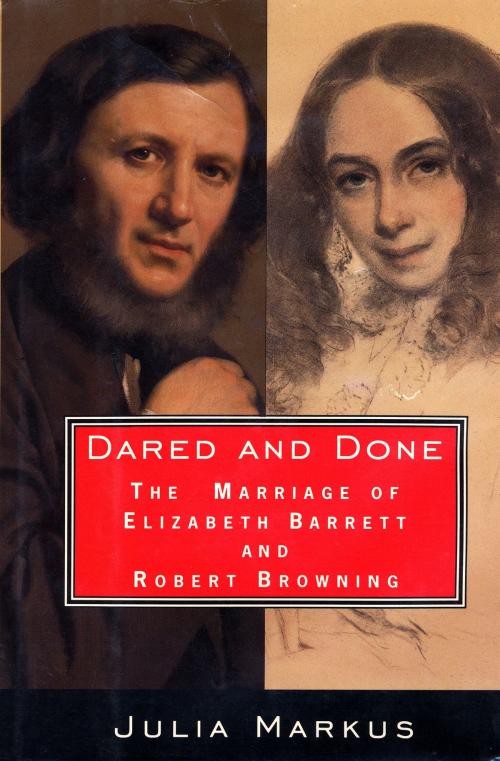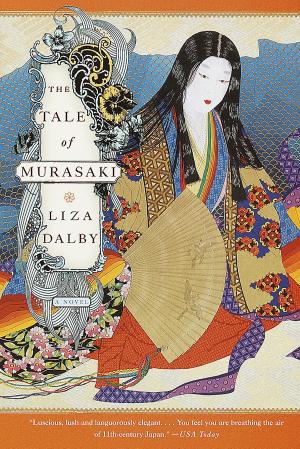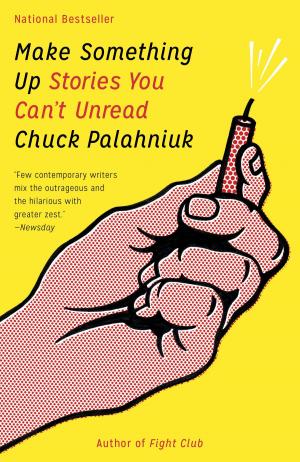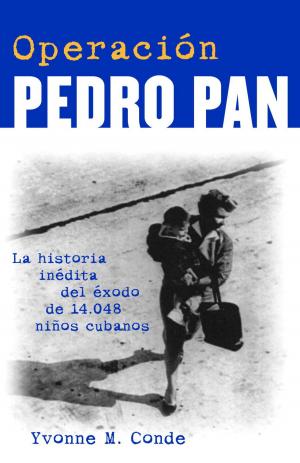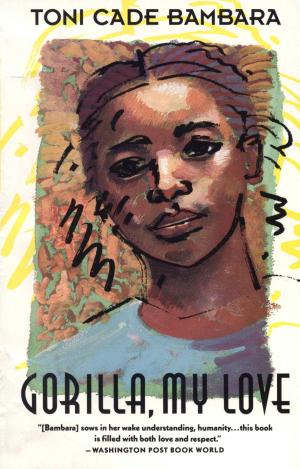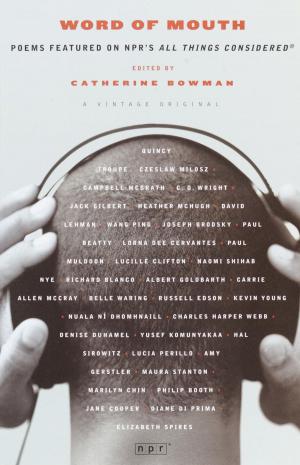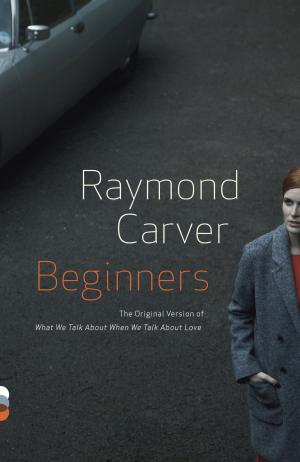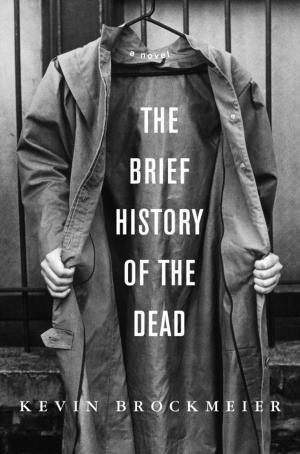Dared And Done
The Marriage of Elizabeth Barrett and Robert Browning
Biography & Memoir, Literary, Historical| Author: | Julia Markus | ISBN: | 9780307832979 |
| Publisher: | Knopf Doubleday Publishing Group | Publication: | May 8, 2013 |
| Imprint: | Knopf | Language: | English |
| Author: | Julia Markus |
| ISBN: | 9780307832979 |
| Publisher: | Knopf Doubleday Publishing Group |
| Publication: | May 8, 2013 |
| Imprint: | Knopf |
| Language: | English |
A Riveting and brilliant work of biography. The story of two great English poets, Elizabeth Barrett and Robert Browning, whose work was immediately recognized and adored by their contemporaries, whose courtship ranks with the great love stories of all time -- and in whose marriage romance was not merely sustained but intensified.
We enter their story through the sealed Victorian world of the Barretts of Wimpole Street: Elizabeth, at thirty-nine, a poet of international fame, a child prodigy who had grown to be a middle-aged spinster, a woman for whom romantic love seemed not to be possible, confined by illness, morphine, and the tyranny of her father, scion of rich Jamaican slaveholders, rum and sugar traders.
It is to this fortress that Robert Browning, already an admired young poet and playwright, already a devotee of Elizabeth's, lays siege. ("I love your verses," he had written Elizabeth in his first letter to her, long before they met. "I love your verses with all my heart -- and I love you too.") And miraculously Elizabeth let life in.
Julia Markus chronicles their extraordinary courtship, their marriage in secret (Browning to Elizabeth: "How you have dared and done all this ... for my only sake?"), and their radiant honeymoon in Italy.
Markus shows us how the political events of the times inspired the great dramatic monologues of Robert's middle years and how Italy's stormy reunification inspired Elizabeth's later work.
We come to see Elizabeth as an artist with a fierce and final confidence in poetry and its effect on the poets' lives. We see husband and wife celebrate the birth of their son, Robert Wiedemann "Pen" Barrett Browning (Browning to her sisters: "I sate by [Elizabeth] as much as I was allowed, and I shall never forget what I saw, tho' I cannot speak about it").
We see them among their artist/writer friends: in London with Tennyson, Thackeray, Rossetti, and others; in Rome with William Story, the American lawyer, poet, sculptor; with Harriet Hosmer, the stonecutter, who was one of the models for Aurora Leigh; with Charlotte Cushman, the American actress, who held readings of Elizabeth's novel in verse. We see Elizabeth in Paris meeting her heroine George Sand, whose society of socialists and theatrical types Robert described as "ragged Red."
We come to understand Elizabeth's dependence on the ever-present drug in her life ("I should not be alive except by help of my morphine") and her constant battle with depression. And we see Elizabeth, encouraged by a woman with whom she was infatuated, move from interest to obsession with spiritualism, a cause that became the only source of serious dissension between the Brownings.
We follow the course of their rich marriage, from the beginning when each saw the other as a brilliant poet, a compassionate and strangely similar heart, through the years in which they discovered each other's differences, each remaining a complex and thrilling human being to the other.
To tell their story, Markus for the first time makes use of much of Elizabeth's unpublished correspondence, amid a wealth of other documents. She delves fully into the Brownings' Creole background and shows how it affected their lives and their work (Elizabeth was the first of the Jamaican Barretts to be born in England in many generations).
Brilliantly interweaving the Brownings' own words with her authentic and perceptive narrative, Julia Markus brings these two great poets -- their marriage, their work, their times -- alive as never before.
A Riveting and brilliant work of biography. The story of two great English poets, Elizabeth Barrett and Robert Browning, whose work was immediately recognized and adored by their contemporaries, whose courtship ranks with the great love stories of all time -- and in whose marriage romance was not merely sustained but intensified.
We enter their story through the sealed Victorian world of the Barretts of Wimpole Street: Elizabeth, at thirty-nine, a poet of international fame, a child prodigy who had grown to be a middle-aged spinster, a woman for whom romantic love seemed not to be possible, confined by illness, morphine, and the tyranny of her father, scion of rich Jamaican slaveholders, rum and sugar traders.
It is to this fortress that Robert Browning, already an admired young poet and playwright, already a devotee of Elizabeth's, lays siege. ("I love your verses," he had written Elizabeth in his first letter to her, long before they met. "I love your verses with all my heart -- and I love you too.") And miraculously Elizabeth let life in.
Julia Markus chronicles their extraordinary courtship, their marriage in secret (Browning to Elizabeth: "How you have dared and done all this ... for my only sake?"), and their radiant honeymoon in Italy.
Markus shows us how the political events of the times inspired the great dramatic monologues of Robert's middle years and how Italy's stormy reunification inspired Elizabeth's later work.
We come to see Elizabeth as an artist with a fierce and final confidence in poetry and its effect on the poets' lives. We see husband and wife celebrate the birth of their son, Robert Wiedemann "Pen" Barrett Browning (Browning to her sisters: "I sate by [Elizabeth] as much as I was allowed, and I shall never forget what I saw, tho' I cannot speak about it").
We see them among their artist/writer friends: in London with Tennyson, Thackeray, Rossetti, and others; in Rome with William Story, the American lawyer, poet, sculptor; with Harriet Hosmer, the stonecutter, who was one of the models for Aurora Leigh; with Charlotte Cushman, the American actress, who held readings of Elizabeth's novel in verse. We see Elizabeth in Paris meeting her heroine George Sand, whose society of socialists and theatrical types Robert described as "ragged Red."
We come to understand Elizabeth's dependence on the ever-present drug in her life ("I should not be alive except by help of my morphine") and her constant battle with depression. And we see Elizabeth, encouraged by a woman with whom she was infatuated, move from interest to obsession with spiritualism, a cause that became the only source of serious dissension between the Brownings.
We follow the course of their rich marriage, from the beginning when each saw the other as a brilliant poet, a compassionate and strangely similar heart, through the years in which they discovered each other's differences, each remaining a complex and thrilling human being to the other.
To tell their story, Markus for the first time makes use of much of Elizabeth's unpublished correspondence, amid a wealth of other documents. She delves fully into the Brownings' Creole background and shows how it affected their lives and their work (Elizabeth was the first of the Jamaican Barretts to be born in England in many generations).
Brilliantly interweaving the Brownings' own words with her authentic and perceptive narrative, Julia Markus brings these two great poets -- their marriage, their work, their times -- alive as never before.
